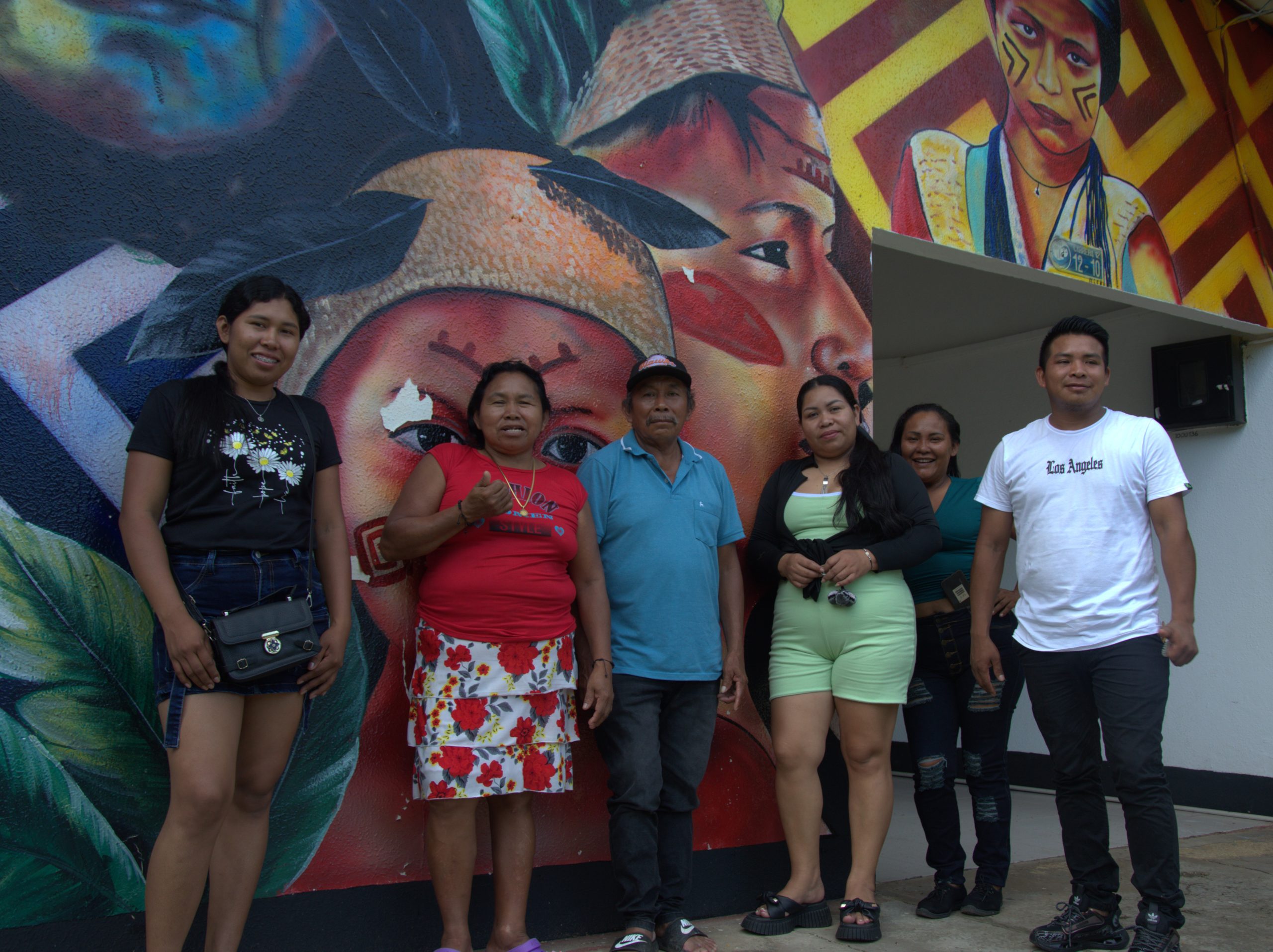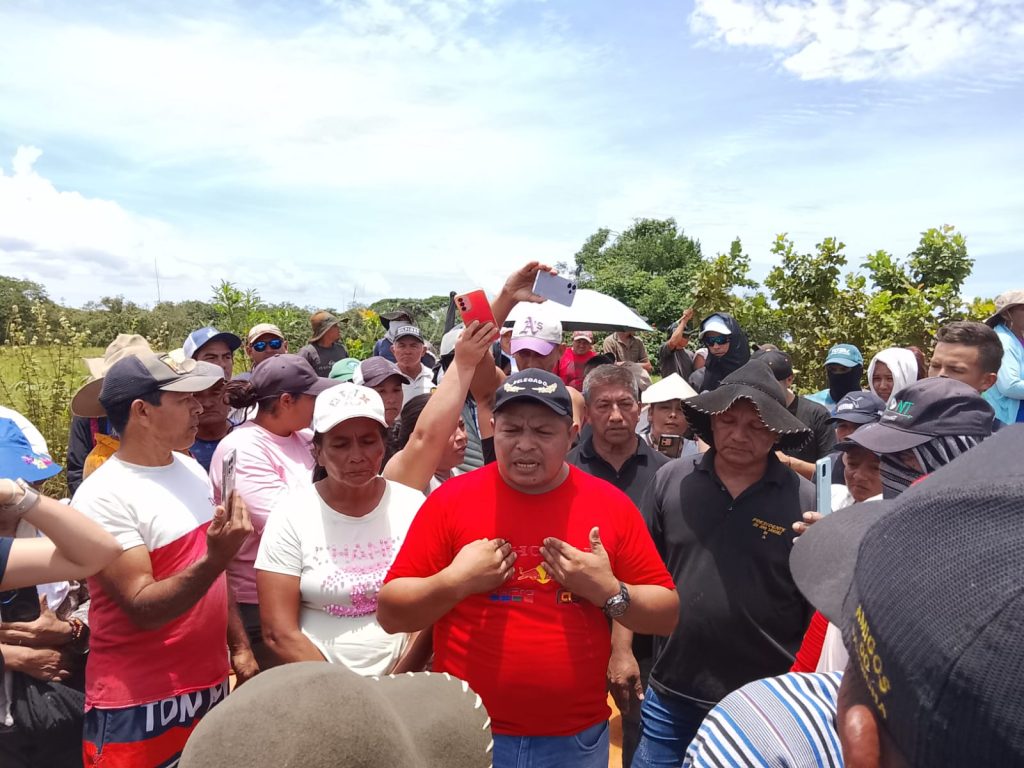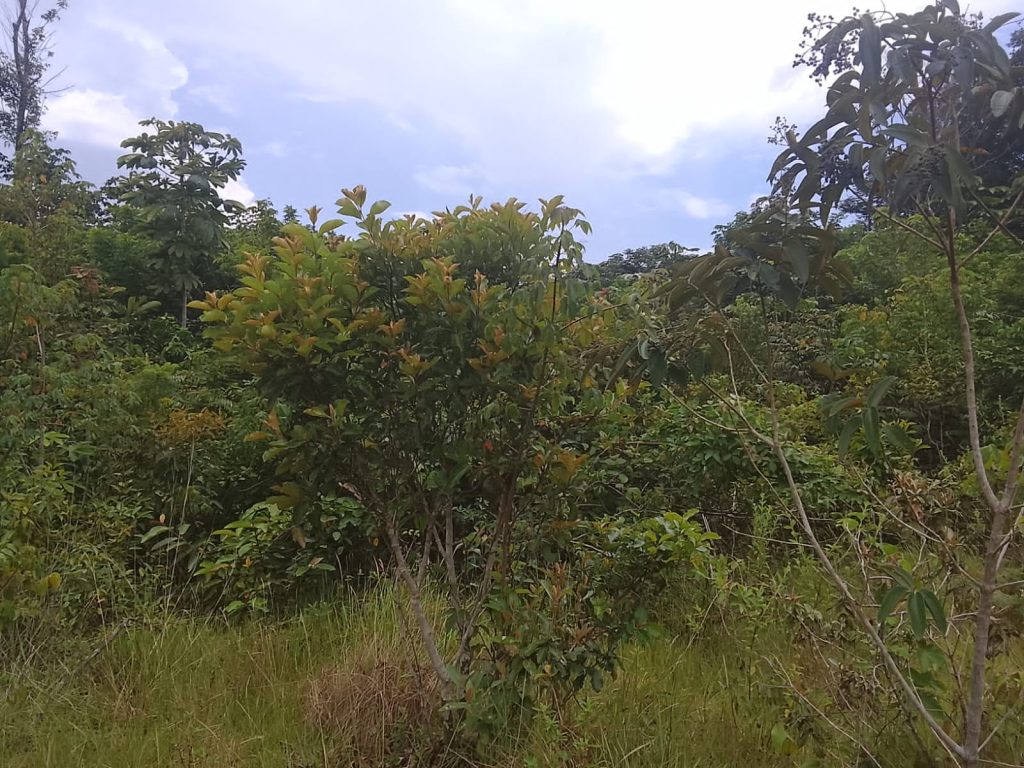By: Camila Ramírez
In the Colombian Orinoquía region, 300 kilometres from Bogotá, the Sikuani indigenous community of Barrulia, in Puerto Gaitán, Meta, has been demanding recognition of its ancestral territory for decades, but the state has denied protection measures and violated their rights. Now they face the dispossession and deforestation of their lands by Mennonite foreign religious groups[MM1] , a threat that puts the Sikuani people at high risk of physical and cultural extermination.
The most recent episode was the attempted temporary relocation of the Sikuani community of Barrulia, following their unlawful eviction in 2024 from the Villa Esperanza property. For this purpose, the Yamato property, located in the San Miguel village of Puerto Gaitán, was designated. This land, previously recovered by the State after its illegal occupation by the Japanese Bunshiro Takemoto and the Colombian Clara Inés Díaz León, was intended for humanitarian allocation by the National Land Agency (ANT). However, on 18 September 2025, the community of San Miguel denied entry to the indigenous community of Barrulia.
That day was marked by the presence of hooded men carrying bladed weapons and by the tension caused by the San Miguel community’s refusal to accept the assignment of the Yamato property to the Sikuani community of Barrulia.The Barrulia community also considers that the ANT did not have the necessary support or guarantees from other state institutions.
Alba Rubiela Gaitán, sikuani governor of the ancestral territory of Barrulia, stated:
«When we arrived at the gate of the Yamato property, the farmers were blocking it, telling the ANT that they also had a right to their territory, that they also needed land […] We had to return to the sports centre.»
The community is currently living in that location due to the irregular eviction they suffered in 2024, when the Mennonites evicted them to continue planting thousands of hectares of genetically modified beans, soybeans and corn[MM1] .
A history marked by violence and dispossession
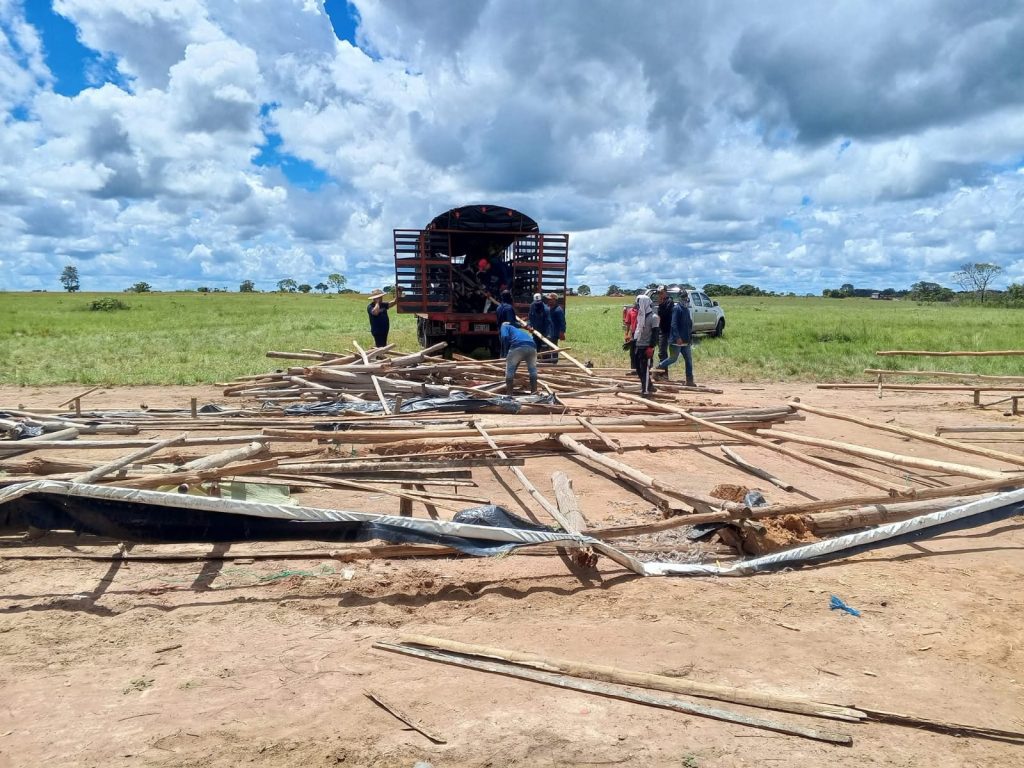
The last eviction took place on 12 and 13 June 2024. It has now been a year and five months since the community was forced to take refuge in the Únuma sports centre in the town of Puerto Gaitán. Alba recounts what happened during those days.
«On 12 June, they[MM1] [Police, Dialogue and Order Maintenance Unit, and civilians] demolished 44 houses. On the second day, 13 June, they demolished all the houses. They demolished 66 houses. We left our crops, our chickens, pigs, even our dogs. Everything was left behind. Even our ancestors are there.»
The demolition of the houses was not the only irregularity. According to complaints from the community, the provisional protection measure had already expired and they had to leave the Villa Esperanza property, but they only found out about this notification a few days before the eviction, on 8 June 2024.
Mónica Barrera Gaitán, captain of the Febokomü community in the ancestral territory of Barrulia, recounts:
«We found out that the provisional protection measure we had was already over and we didn’t have time for anything,»
She adds:
«On the day of the eviction, police vans arrived, along with riot police, the municipal ombudsman, the family police, and all the relevant municipal authorities. Along with the Mennonites, there was a group of unknown men wearing hoods.»
On the other hand, Governor Alba Gaitán asserts that she never received a copy of the police file on the eviction, stating:
«I sent an email to the Puerto Gaitán Police Inspectorate requesting a copy, because we, as a community, were never allowed to see the document; we did not sign anything.»
Mónica Gaitán says that they experienced moments of distress, both because of the threats and because of the uncertainty of not having a place to live.
«They practically threatened us, giving us ten minutes to vacate, telling us that they would not be responsible for anyone. […] We were abandoned in the centre of Puerto Gaitán; it was like starting over from scratch. Since that day, we have been staying at the sports centre in the Únuma neighbourhood.»
Living in the sports centre
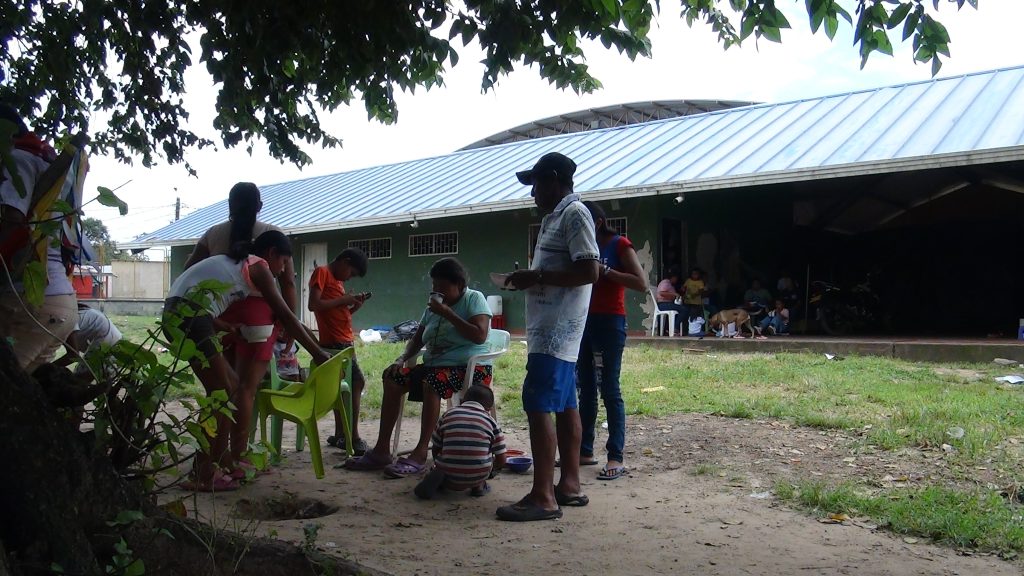
The sports centre in the Únuma neighbourhood has become a temporary home for the 171 families from Barrulia. As the days passed, they settled in and tried to build makeshift shelters with the materials they had at hand. With the support of the neighbourhood community, they established some measures for living in the place, but living for a year and five months in precarious conditions has affected the community physically, culturally and emotionally.
In this regard, Mónica Gaitán comments:
«Right now, our situation is critical. We have many economic difficulties and health problems because people here are very hungry. We have asked the Mayor’s Office for help on several occasions, but they deny us humanitarian aid, saying that we have not been registered by the Mayor’s Office.»
Governor Alba Gaitán stated that when they received support from the National Commission for Indigenous Territories (CNTI), they were informed that evictions are prohibited without a prior socio-economic assessment, and therefore she affirms:
«The Mayor’s Office has deceived us, denied us recognition and violated our right to the territory.»
When she approached the Mayor’s Office, she was informed that the eviction was carried out according to a contingency plan drawn up by that entity, which, according to them, complied with the measures to protect their rights.
If there had been an adequate and properly executed contingency plan, the indigenous community of Barrulia would not be living in precarious conditions in the sports centre.
With nostalgia and concern, Governor Alba Gaitán states:
«We are not accustomed to living in the village; for us, it is better to live there, because we are used to living in the open countryside. We lived in peace, we gather our harvest, we fish, we hunt. If we do not sow, we are nothing. […] Where are we going to get our food here?»
Similarly, Néstor Chipiaje affirms that, over time, the community’s main customs of collective work and sharing, unuma and wakena in the Sikuani language, have been transformed. This change was not due to a lack of interest on the part of the people, but rather to the living conditions in Puerto Gaitán and the adversities they have been forced to face.
«Life here is very different. In the village, those who work eat well; those who do not work do not eat. For example, if a family gets a pound of meat, that is only for them; it is not enough to share with two or three families. In contrast, in the Sikuani community, we always shared what we hunted or grew.»
Another custom that has changed for women is identified by Governor Alba Gaitán, who points out that, while in the community they performed essential tasks such as planting, preparing cassava, mañoco and fariña, collecting water and caring for the family, in Puerto Gaitán they have had to go out to look for recyclables, sell handicrafts or exchange various trades for food:
«Living in the village means buying our food, and in order to buy, we have to recycle; women scavenge: they recycle bottles, cardboard, cans, they also go out to sell handicrafts or work in any trade, cleaning, helping to prepare food or working for days in shops […] we have to do this to survive here in Puerto Gaitán.»
Dispossession kills medicinal knowledge and makes people sick
Traditional medicine is essential to the indigenous community of Barrulia. However, living in the sports centre has prevented them from practising it, as they lack medicinal plants such as yopo, pate, palo malagueto, algarrobo and salahillo, among other trees known by their names in Sikuani. This loss has a deeper cause: their ancestral territory was deforested by the Mennonite community to convert it into agro-industrial land for corn and soybean crops, destroying the basis of their ancestral medicine.
With the dispossession by the Mennonite religious community came the cutting down and burning of the savannahs, gallery forests, morichales, mangoes and yopos, which has led to the disappearance of their plants. As a result, they cannot use their medicinal knowledge to cure certain ailments and have witnessed the interruption of the intergenerational teaching of their own knowledge.
The lack of their medicinal knowledge has been felt in the sports centre, a space that undermines their dignity and makes them ill. Mónica Gaitán reports that they have had health problems in the sports centre, caused by the climatic conditions and an environment that is not typical of their territory. She also states:
«We suffer a lot here at the sports centre; for example, when it rains, we are wet all the time, our things get wet, and with that humidity, a smell develops that affects everyone: children, adults, grandparents, everyone here. Three people have already died.»
The most recent death was that of Captain Cantalicio Chipiaje, aged 66. On the night of Tuesday 7 October this year, he suffered a cardiac arrest. According to the community, he was taken to the municipal hospital, but he no longer had any vital signs. The other two people who died are Alcira Yepes Amaya, a 75-year-old woman who died in August 2024, and Yessica Gaitán, a 17-year-old girl who died in 2025.
On 29 March 2025, Yessica woke up feeling ill. She was initially taken to the municipal hospital in Puerto Gaitán, but as she did not receive medical attention, her health deteriorated and she died that same day. Carlos Granados, Yessica’s husband, reports that the cause of death is still unknown:
«She started complaining of stomach pain, so we went to the hospital. We were there for about two hours and no one attended to us. She said the pain was getting worse, so her family took her to the traditional doctor in Wacoyo, but she was still very ill, so we returned to the hospital. However, it was too late and she died. At the hospital, they told us it was a natural death. […] At this point, we do not know what she died of.»
Despite their sadness at the death of their loved ones, the community of Barrulia remains hopeful of returning to their ancestral territory. They believe that everything they have suffered at the sports centre should not have happened and that the solution, which lay with the State authorities, was to extend the provisional protection measure for the Villa Esperanza property while the issue of easements to access the Campo Alegre and Cuba Libre properties was being resolved. It is important to mention that the National Land Agency (ANT) recognized, on June 6, 2024, the provisional protection measure of the ancestral territory only over two of the 42 properties requested by the Sikuani Indigenous community.
Decades of conflict over land
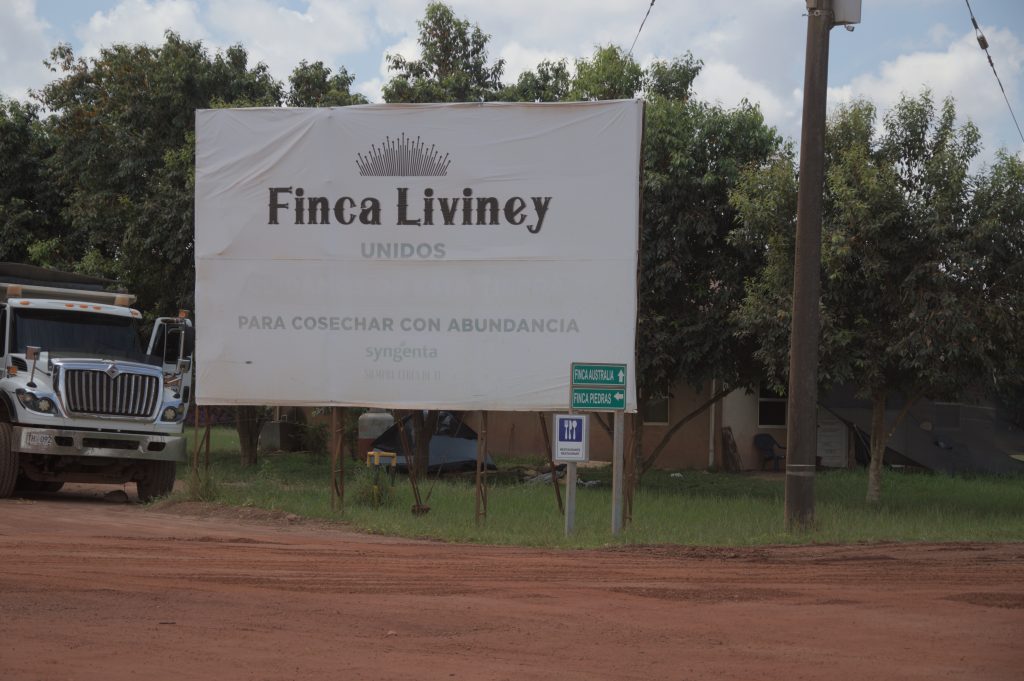
The Sikuani community has fought a constant battle to recover its ancestral territory, which covers various areas of the high plains in Meta and Vichada. According to historical records, their ancestors faced episodes of violence: in 1949, with the liberal guerrillas of the Llanos; in 1970, the Planas massacre; and in 1985, the arrival of Víctor Carranza (link to article) and his paramilitary groups, known as Los Carranceros. Other paramilitary structures later joined them, such as the Autodefensas Campesinas del Meta y Vichada and the Bloque Centauros. This chain of violence led to the forced displacement of the community at different times.
Between 2010 and 2017, the community made several trips through their ancestral territory. However, since 2012, they have noticed that some of these places were occupied by other people. When the Sikuani asked who had sold them the land or how they had acquired it, they were refused any information. Governor Alba Gaitán explains:
“When we came back, they were there. Their names are Pablo Antonio Rojas Riveros and Alicia Gómez Duque. She divided nine plots of land, and the Mennonites bought them, also in the Campo Alegre property (Ladislao Ernesto Toledo Plazas). But they were not in the territory before; they took those lands from our ancestors.”
For this reason, in 2017 they requested support to file a petition for the protection of their ancestral territory under Decree 2333 of 2014, which establishes mechanisms for the effective protection and legal security of ancestrally occupied or possessed lands and territories.
Governor Alba Gaitán[MM1] states:
«All of us Sikuani have lived and travelled where the streams are. My grandfather (Santiago Gaitán) and my father (Ángel María Gaitán) told me the story, which is why I know the history of the territory. That is why I have the right to claim and have that land returned to me, so that I can return with my community.»
Since 2017, the Sikuani community has had to face new forms of dispossession of their lands. Legally, their counterpart is the Mennonite community, whose first families began to settle in 2014, coming from Mexico and the United States. This group has illegally appropriated the ancestral territory of the Sikuani people.
Senator Wilson Arias explained how the Mennonite community acquired approximately 39,504 hectares.
Regarding the irregularities in the acquisitions, Senator Wilson Arias has denounced the existence of a complex legal and business network that includes practices such as the purchase of properties with expired identification documents. He also pointed out that the notary’s office in Puerto López and notary offices 11, 18, 24 and 48 in Bogotá registered sales made by the Mennonite community, in addition to evidence of links to the acquisition of land belonging to members of the Carranza family.
While the Mennonite community acquired land without hindrance, the Sikuani fought for recognition of their ancestral territory by the state. Since 2017, they have approached entities such as the National Land Agency (ANT), the Unit for the Restitution of Dispossessed Land (URT) and the Unit for Victims (UARIV).
The arguments for denying the protection measure were, first, the alleged lack of continuous occupation of the territory by the indigenous community, interrupted for 51 years, from their displacement in 1970 until their return in 2021; and second, that the properties are registered in the name of third parties with acquired rights.
Regarding the refusal to recognise them as victims of the armed conflict, the arguments were the absence of collective damage to the community, and the decision was not to include them in the Single Victims Registry (RUV). In response to these decisions, Governor Alba Gaitán filed the corresponding legal appeals.
As a result of the legal actions taken by the Sikuani community of Barrulia, the 38th Criminal Court of the Bogotá Circuit issued a first instance ruling on 2 July 2024. In the ruling, the Colombian State upheld the community’s fundamental rights to a dignified life and housing. The municipality of Puerto Gaitán was ordered to guarantee the minimum means of subsistence: food, toiletries and other basic necessities, while their final relocation is being finalised.
Likewise, the National Land Agency (ANT) revoked the 2022 denial resolution and, on 6 June 2024, recognised the provisional protection measure for the ancestral territory of the Cuba Libre and Campoalegre properties. However, the Barrulia community has not yet been able to return to these territories, as it has faced new obstacles to the implementation of the protection measure and effective ancestral possession.
The ANT explained that, although the process of recovering vacant land due to unlawful occupation has been completed, it has not yet been able to physically hand over the Cuba Libre property to the indigenous community of Barrulia because it is surrounded by private properties belonging to the Mennonite community that prevent access and there are no independent access roads.
According to the ANT, in order to guarantee access to the Cuba Libre property, it is necessary to establish a right of way that crosses five private properties owned by the Mennonite community. The religious community opposed both the right of way that would allow the land to be handed over and the recognition of indigenous territorial rights. Even today, the Mennonites have physically prevented the ANT from entering, making it impossible to carry out the award.
The legal status of the Campo Alegre property is currently under investigation to determine whether it is private or vacant land. The individuals who identify themselves as owners have filed an appeal against the first instance decision. In their appeal, they request that the ruling be overturned, that their right to due process be protected, and that their right to use and enjoy the property not be modified, alleging that these rights are being violated. It is important to mention that the Campo Alegre property is used for the monoculture of genetically modified soybeans and corn.
The community of Barrulia remains hopeful that the only active legal proceedings against the Mennonite community will move forward. The Public Prosecutor’s Office is pressing charges against twelve members of that community for deforestation, environmental damage, illegal exploitation of renewable natural resources, and accelerated expansion of agricultural activities into the vicinity of streams and conservation areas.
Senator Wilson Arias said that this is a historic precedent and added:
«A ruling will not bring back what we have lost, but it should set a precedent for how to protect the environment in Colombia. […] Behind the environmental devastation lies human devastation: the community has been murdered, persecuted, diminished and culturally dispossessed.»
Given the significance of this ruling, the senator invites the public to closely follow the next hearing, scheduled for Thursday, 15 January 2026.
To date, the Barrulia community remains housed in the sports centre. Although they consider that the Cuba Libre and Campo Alegre properties do not represent the entirety of their ancestral territory, they see them as a possibility for return. In the words of Governor Alba Gaitán:
«We maintain our faith that we will be able to return to the territory, to have the land for the use and customs of our community. We will have our crops, we will not suffer anymore. […] I will continue to fight for my territory; we cannot stay here.»
* This story is part of an investigation by El Turbión, carried out with the support of Global Exchange and Brighter Green’s Animals and Biodiversity Reporting Fund, and is part of a series that documents how violence, land concentration, and ecocide threaten the physical and cultural survival of the Sikuani people.
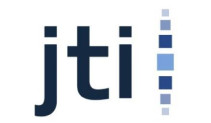
In recognition of El Turbión’s commitment to integrity and excellence in journalism, the outlet has obtained the Certification of the Journalism Trust Initiative, promoted by Reporters Without Borders under the international standard CEN CWA 17493:2019.
Si encuentras un error, selecciónalo y presiona Shift + Enter o Haz clic aquí. para informarnos.

